Future assumptions can be challenged and futures expanded by changing perspectives. By successfully changing perspectives, we are able to address human behaviour and potential cultural changes, as normal things now seem strange. This can be illustrated by comparing the present to a hundred or thousand years ago. What has changed in culture and society? And what has remained the same? What if we do the same evaluation from the future? What might the present look like through the eyes of a person living a hundred years from now?
Incomprehensible fossil era
Future generations may wonder how we could be so wasteful with energy and resources and base our economic system on the concept of continual growth. From the world of post-fossil and post-growth era, this makes a world dependant on fossil fuels seem a quirk, a type of exception. A large number of researchers are advising giving up efforts to achieve economic growth. Changes are also taking place. For example, circular economy operation models are becoming more common and the reduction of disposable plastics has made swift progress. Plogging – collecting litter while jogging – is indicative of the desire to combine caring for one’s environment with caring for one’s body.
With regard to climate change and the loss of biodiversity, future generations may wonder why we did not aim to achieve a balance with our living environment. Why did people have their own section of protected area? How were we able to accept that others used a lot more resources than others? When looking back from the future, the tensions between generations and regions may seem obvious, but are we able to recognise them in the present? The internal tensions that people have with thinking and behaviour may also seem strange.
How were people able to simultaneously suffer from climate anxiety and still fly on holiday?
A relatively quick change may also occur with how we treat animals and eating meat. The current treatment of animals may seem incomprehensibly cruel in the future. In contrast, the climate impact of eating meat and effect on biodiversity are increasingly an area of concern, as is its impact on health. There is an ample selection of new vegan alternatives and completely new forms of food production are being developed.
Therefore, the post-fossil era may not necessarily lead to returning to old ways but may instead signal a completely new approach – perhaps something that we have not quite yet been able to imagine. Of course, when imagining alternate futures, there is a risk of overdoing it, as with the 2002 radio story “Vegan Dystopia”, which discussed mammal murders and “carnophilia clinics”, where those with an urge to eat meat receive therapy. In contrast, such an exaggerated imagination may help us see development trends that we otherwise might not notice.
Dad, what was it like to live in an increasingly digitising consumption society?
3D images are created from nothing in sci-fi movies and information flows smoothly between different interfaces. What if these screen dreams of the time seem as funny as the visions from the 1950s of automated homes with waffle irons integrated into the furniture? Do images of people staring at small screens at a bus stop seem incomprehensible in the future? Brain researchers caution that having constant access to information, using social media and the constant messing with one’s phone is not good for the brain.
Are ownership and consumption becoming less fashionable?
Ownership and consumption may also seem like ageing concepts if the sharing economy and “servitisation” become more common. Fewer and fewer young people will have a driving licence and owning a car may seem strange in a world where transport is seen as a service and cars drive themselves. With fashion, brands have realised that millennials are dressing the same way as their parents and are acquiring their clothes – a second-hand shopping mall has even been opened in Sweden. In addition, clothes can also be acquired as a service.
Changing perspectives begs questions on how natural or fixed our current way of living and acting is and how linked to the present our perceptions are of the future. The future also looks different when looking from the future.
Tool: flipping perspectives
Changing perspectives helps one to identify different types of futures and guides the discovery of weak signals.
Do the following.
- Select a topic that you want to examine.
- Consider what the topic would seem like when looking from the future. What would be strange about it? What would be familiar? What would be a source of wonder? You can also consider what the topic would seem like from a different culture, time or location, or how people with different backgrounds would interpret it.
- Once you recognise something that may seem strange from another perspective, try to identify the associated weak signals.
- Consider what type of future the weak signals indicate.
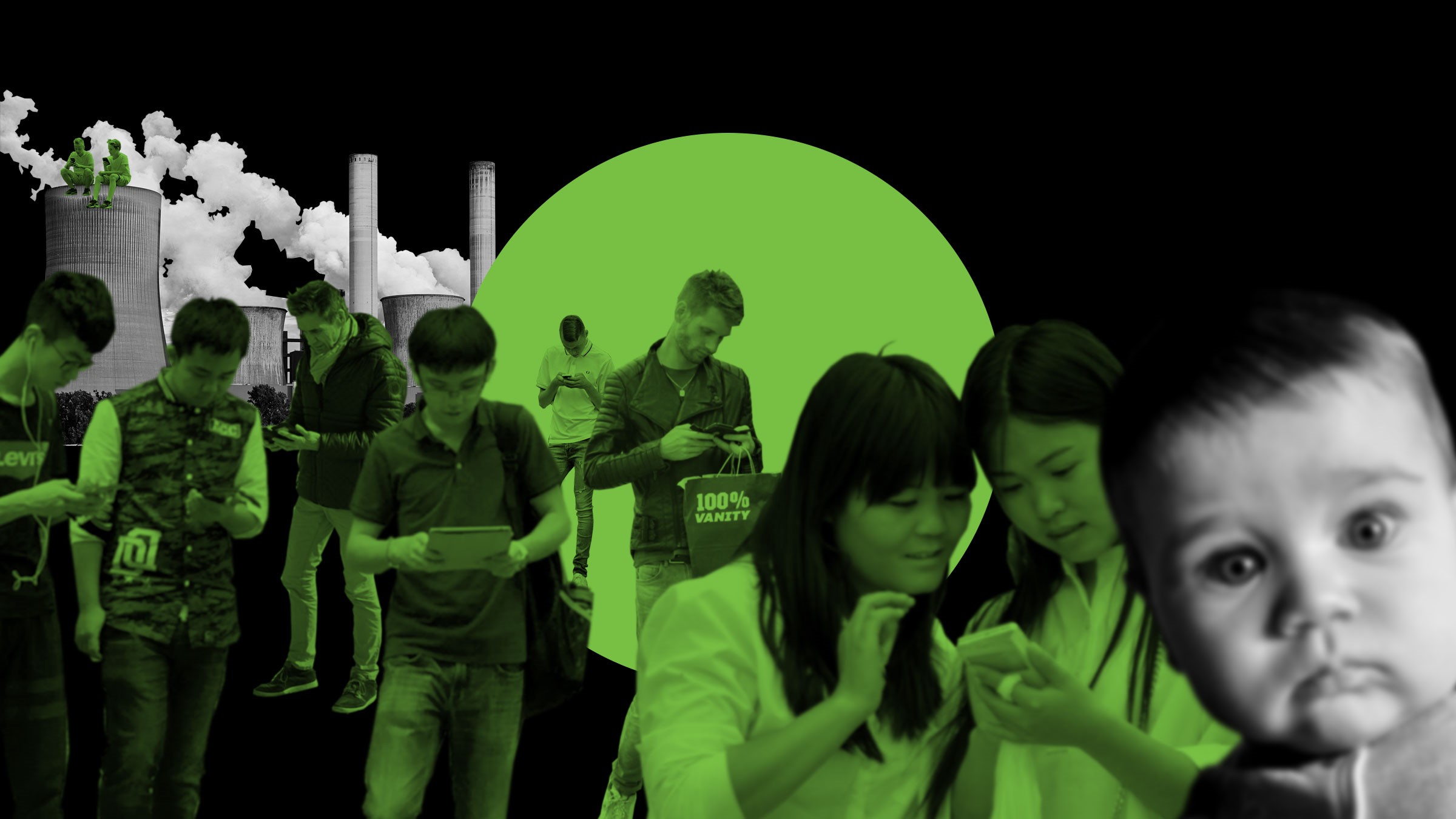
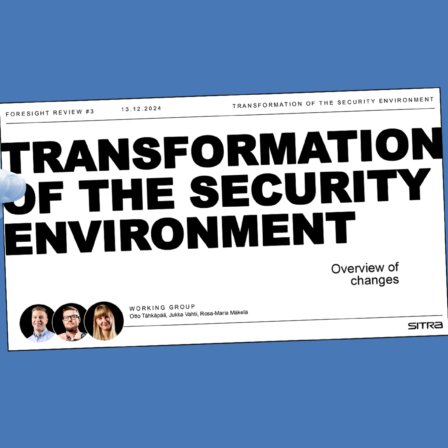
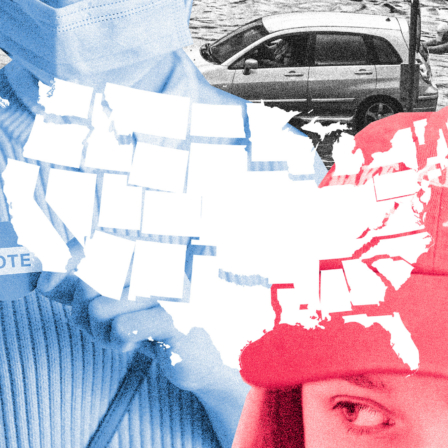
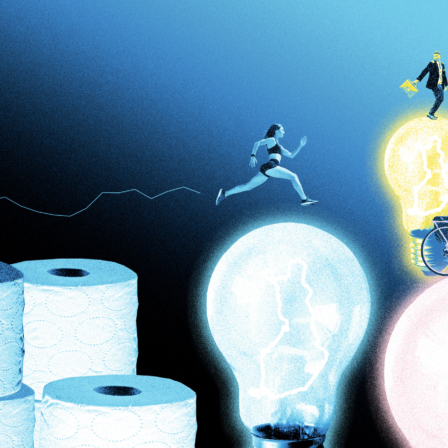
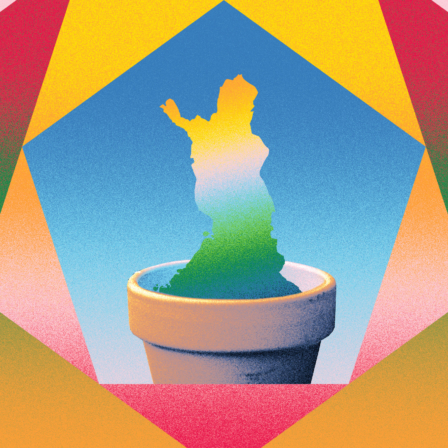
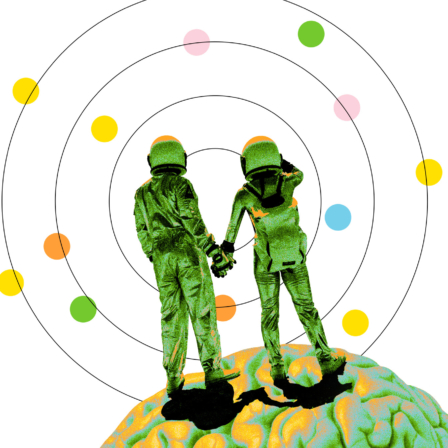





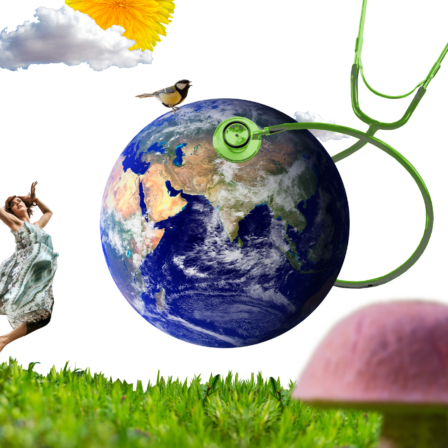
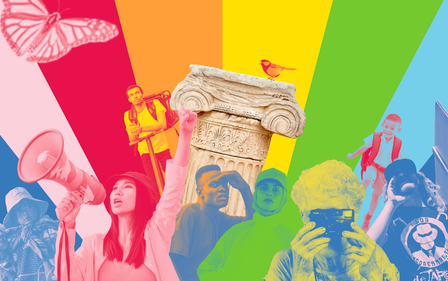
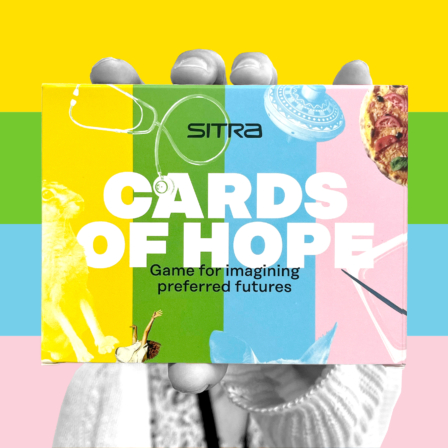
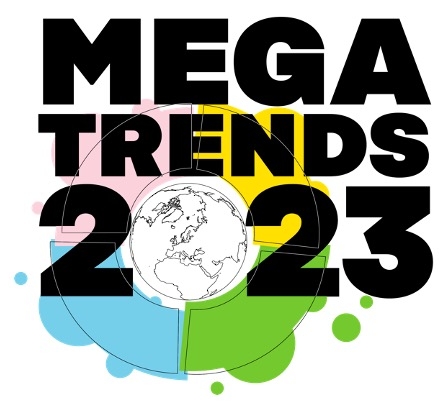
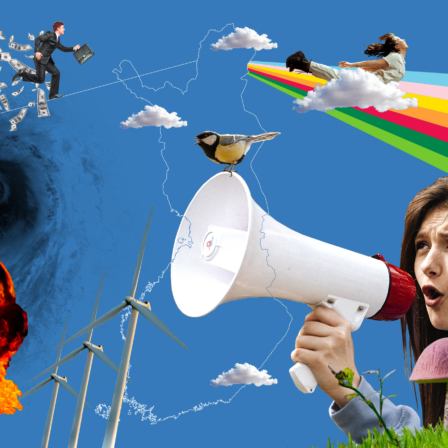
Recommended
Have some more.